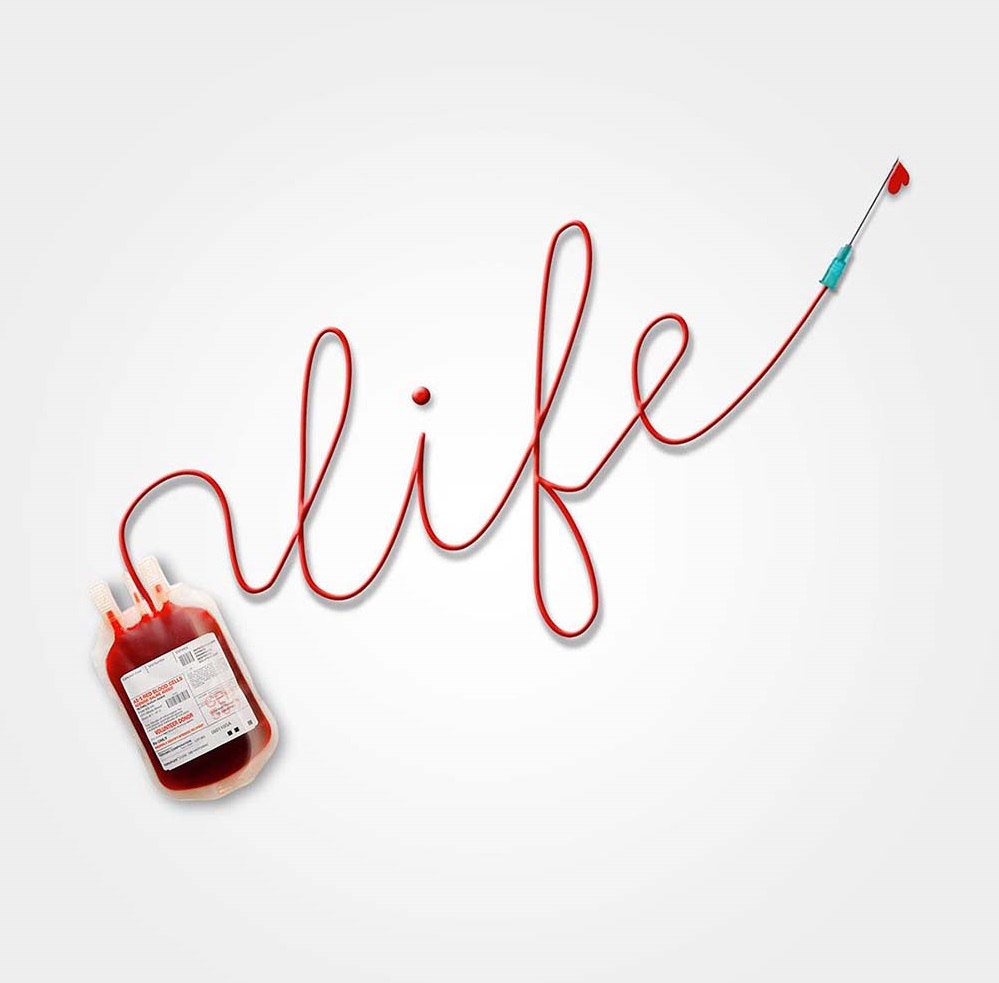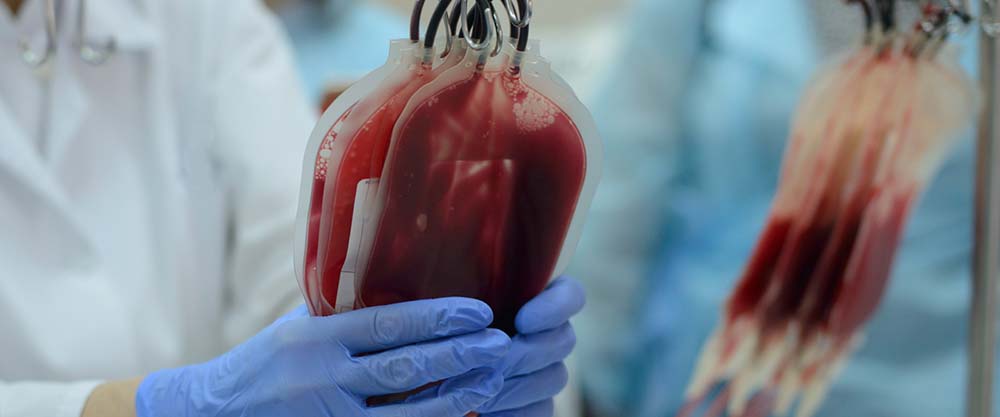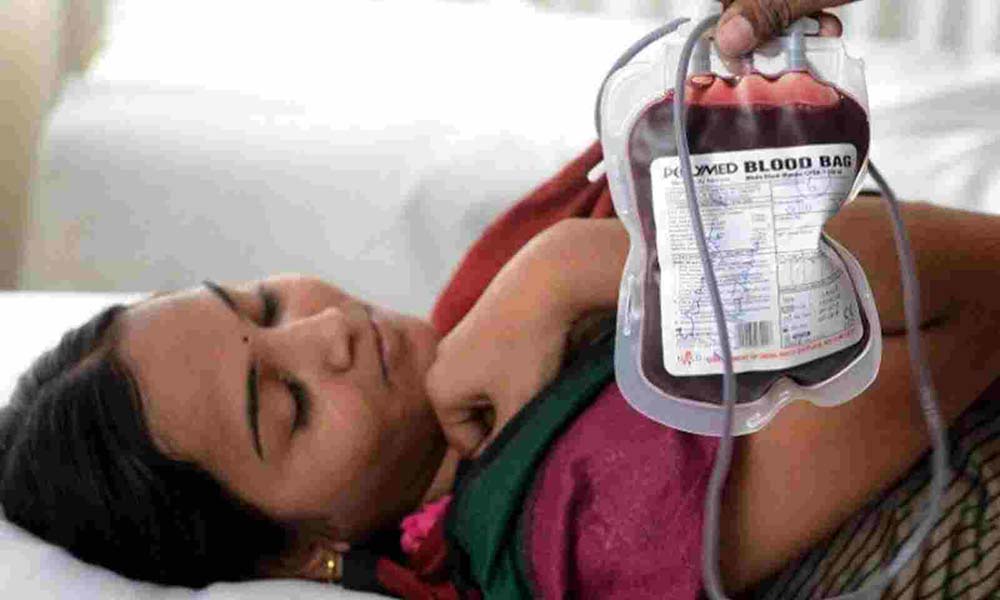Did you know that the shortage of blood causes roughly 12,000 deaths annually in India? This occurs because human blood cannot be replaced with any other substance. Patients with no access to safe blood transfusions frequently suffer as a result.. Donating blood is crucial. It guarantees that in the event of an emergency, the person in need will have access to safe blood. An individual can save up to three lives by making a single blood donation of a pint! The World Health Organization reports that approximately 117.4 million units of blood are donated annually worldwide.

Donating blood is a noble gesture that benefits the recipient as well as the donor, since it promotes the production of new blood cells. According to a study published in the Journal of the National Cancer Institute, blood donation can help in lowering iron levels. An excess of iron in the body can raise one’s risk of developing cancer. The study further found that regular blood donors had lower risks of liver, lung, colon, stomach, and throat cancers.

A study claims that India has an unmet requirement of 14.6 million blood units, which results in a significant supply deficit. Although 100 per cent voluntary donations can improve blood safety in India, only 70 per cent of blood donations are made voluntarily. The remaining 30 per cent are replacement blood donations.

Factors To Ensure Safe Blood Donation
The average human body has four to six litres of blood. Therefore, a healthy person has enough blood that he/she can donate. However, there are certain factors to be mindful of before taking the initiative to donate blood.
• Only healthy individuals between 18 and 65 years who weigh at least 45 kgs are advised to donate blood.
• An individual suffering from blood cancer, diabetes, coronary heart disease, AIDS, Hepatitis B/C or having fever cannot donate blood.
• Before donating blood, ensure that you eat a healthy meal, stay hydrated, avoid fatty foods and eat iron-rich foods to help increase haemoglobin levels.
• Carry your medical file. The medical practitioner will take note of your medical history, examine your weight, blood pressure and level of haemoglobin before the process.
• Get enough sleep, avoid consuming alcohol or any other form of intoxicant a day before the donation.

Benefits Of Donating Blood
• Frequent blood donation is associated with lowered risk of heart attacks and blood pressure.
• An excessively high haemoglobin level indicates thicker blood, which has been linked to the development of blood clots, heart attacks, and strokes. Donating blood helps to lessen blood viscosity and lowers the above-mentioned risks.
• Blood donors will become aware of their own blood group.
• Donating blood encourages your body to begin generating new red blood cells.
• It’ a feel-good factor, as the donor has participated in community service and contributed towards saving someone’s life.
Image source: Baton rouge clinic, The Hans, Health matters